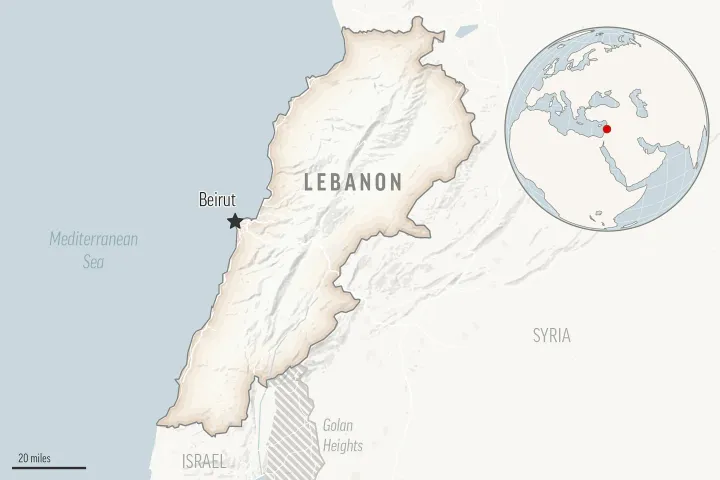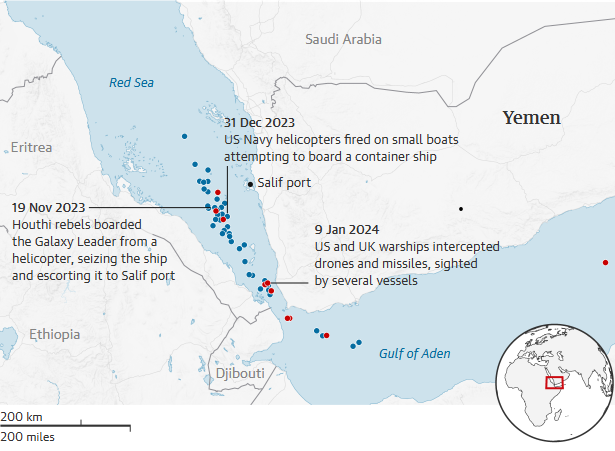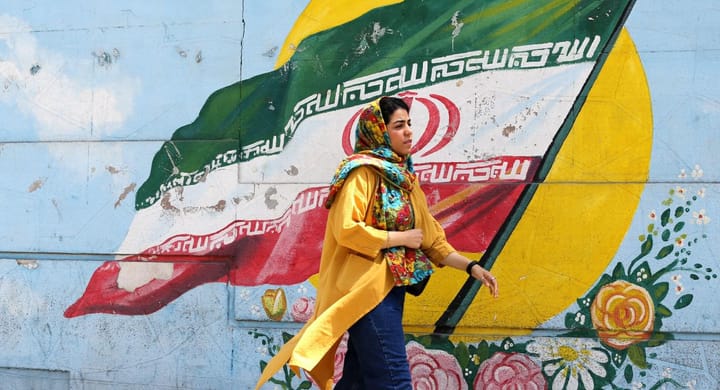Is Esmail Qaani Being Sacrificed by Iran's Military Leadership for Their Failures?
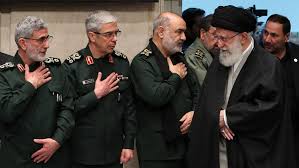
Iran's Quds Force commander, Esmail Qaani, was held in isolation and questioned for the breaches that led to the killing of Hassan Nasrallah and Hezbollah’s losses in late September. Qaani, who is responsible for Iran's military and political operations outside its territory, was suspected to have been killed by the Israeli airstrikes. This was refuted when he showed up in Iran and was held for questioning by officials under the direct supervision of the supreme leader, Ayatollah Khamenei1. This article examines whether Esmail Qaani is actually responsible for losses or whether this is part of an internal leadership crisis.
October 7 as a Failure of Command by Esmail Qaani
An article by Iran expert Jaber Rajabi in May this year (five months ago) indicated an internal leadership crisis was brewing in the top ranks of the Iranian Revolutionary Guards. There was widespread criticism and condemnation of the decision to launch the October 7 attacks without consulting the leadership of the Quds Forces2. He was allegedly reprimanded by the Iranian Armed Forces Chief of Staff on October 14.
To this, Qaani asserted that the leaders of Hamas carried out the acts outside his command. This caused the Quds Force leaders to ostracize and isolate Esmail Qaani to a degree. The inability to halt or control the decision to launch the October 7 massacres showed him to be a weak leader who could not control militants under his command structure.
Controversy with Qaani’s Leadership
Deeper than this incident is the fact that Esmail Qaani was actually handpicked by former Quds Force leader, Qasem Solemani who nominated Qaani as his successor in his will3. Apparently, this was not strongly endorsed by the different leaders of the group. Therefore, some level of resentment existed to his ascension to power.
On the other hand, Hezbollah treated him well and had a high level of leverage around him. It was therefore assumed that Brigadier General Qaani would rubber-stamp any decision Hezbollah or its militias took on the ground - including October 7 and a similar attack on Israel from Lebanon (allegedly codenamed Operation Conquer the Galilee4).
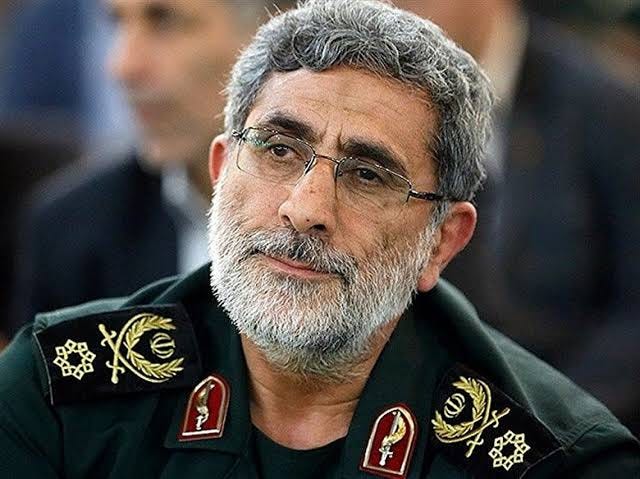
Brigadier General Esmail Qaani
Jaber Rajabi reports that there was evidence that the Quds Forces were likely to dismiss Qaani after the Israel-Hamas war. This is attributed to the fact that his predecessor, Qasem Solemani, led through a personal connection and relationship with the militias on the ground. Esmail Qaani, on the other hand, used a formalistic approach to lead the groups. This led to some disconnect between the fighters on the ground and his commands at the top.
Scapegoating of Qaani
It is common for commanders to be chastized and sacrificed in wartime. In the face of the embarrassing defeats of Hezbollah in Lebanon and the destruction of billions of dollars in rockets and other military hardware, someone had to be blamed. It is, therefore, apparent that Esmail Qaani is the most convenient person to hold for these losses.
Initially, it was reported that Qaani had died from a heart attack during questioning5. This was later retracted. However, with a pending Israeli retaliation, it is logical that Iran needs a scapegoat, and Esmail Qaani fits the mold perfectly. His failures will be talked about for a long time to come.
Conclusion
It appears that Hamas executed the October 7 attacks outside the remit of their Iranian military commanders. Esmail Qaani, who was in control of Iranian-backed militias in Lebanon and its region, bears a great responsibility for failing to keep them under check. Back in Tehran, most of the Quds Force and other military wings of the Revolutionary Guard saw Qaani as the one whose failure pushed Iran towards a direct confrontation with Israel. As it stands, there is little Brigadier General Esmail Qaani can say to exonerate himself. It is self-evident that Iran’s leaders are likely to impute most of the blame for October 7 on Qaani’s failures to save face and ensure the survival of the regime.
1 Times of Israel. “After claims he died, reports now say Iran’s Quds Force chief alive but under arrest” Published: 11 October, 2024. Available at: https://www.timesofisrael.com/after-claims-he-died-reports-now-say-irans-quds-force-chief-alive-but-under-arrest/
2 Jaber Rajabi. "Qaani’s Growing Leadership Struggles in a Post-Soleimani World". The Washington Institute. Published: May 1, 2024 Available at: https://www.washingtoninstitute.org/policy-analysis/qaanis-growing-leadership-struggles-post-soleimani-world
3 Jaber Rajabi. "Qaani’s Growing Leadership Struggles in a Post-Soleimani World". The Washington Institute. Published: May 1, 2024 Available at: https://www.washingtoninstitute.org/policy-analysis/qaanis-growing-leadership-struggles-post-soleimani-world
4 Chandrajit Mitra. "Inside Israeli Ground Raids Against Lebanon's "Conquer The Galilee" Plan" NDTV World. Published: October 2, 2024. Available at: https://www.ndtv.com/world-news/3-special-ops-israel-carried-out-in-24-hours-of-ground-raids-into-lebanon-6699536
5 Times of Israel. “After claims he died, reports now say Iran’s Quds Force chief alive but under arrest” Published: 11 October, 2024. Available at: https://www.timesofisrael.com/after-claims-he-died-reports-now-say-irans-quds-force-chief-alive-but-under-arrest/


